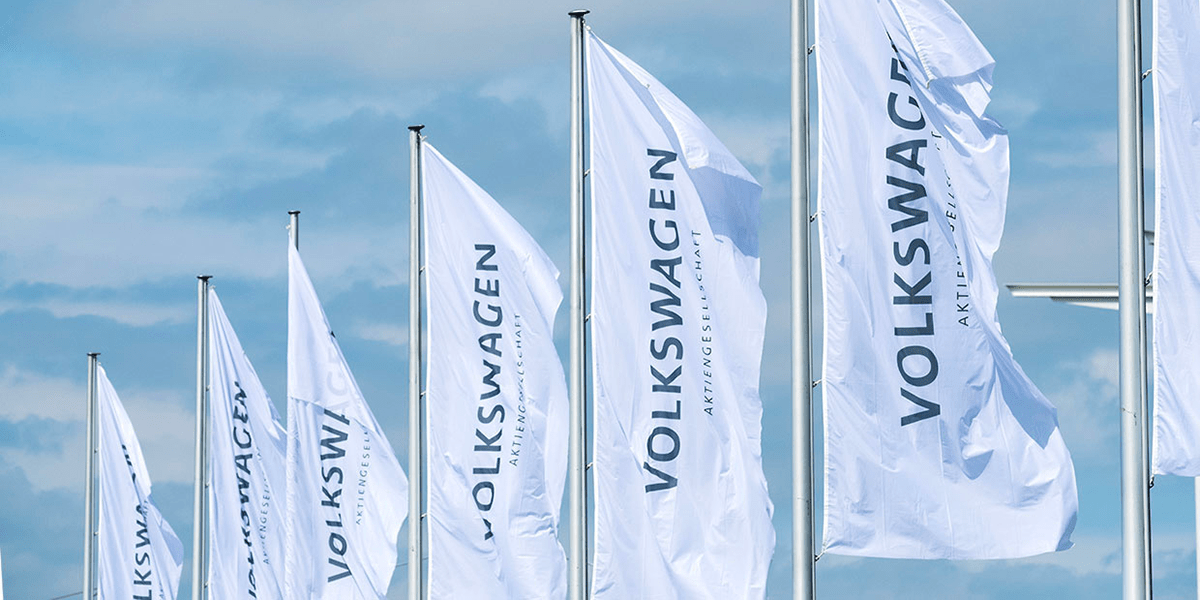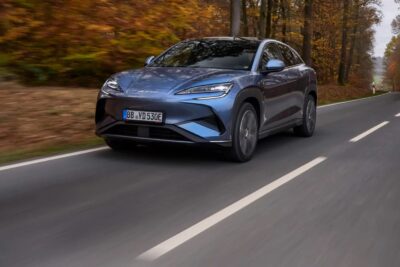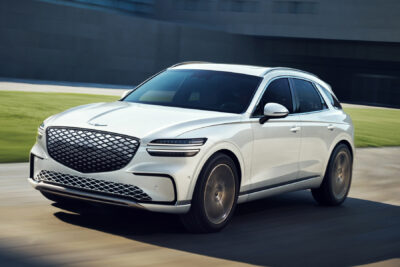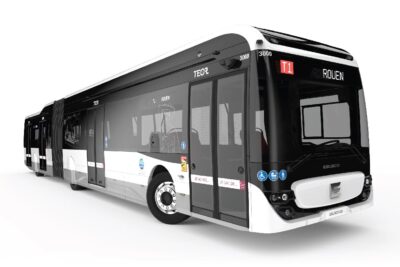Volkswagen Group misses EU CO2 fleet targets narrowly
The Volkswagen Group just missed the EU’s CO2 fleet targets for 2020. The CO2 pool formed with other manufacturers fell short by around 0.5 g/km last year. By contrast, the VW and Audi brands exceeded their CO2 fleet targets, primarily due to the ramp-up of the ID.3 and rising e-tron sales.
Group-wide, CO2 emissions fell by 20 per cent compared to 2019 to 99.8 grams per kilometre. Volkswagen seems to see this as a signal that the e-offensive is gaining traction. “Along with Volkswagen and Audi, CUPRA and ŠKODA are now also bringing out attractive electric models, which will allow us to meet the fleet targets this year,” said VW CEO Herbert Diess. Bentley and Lamborghini are valued individually and are therefore not included.
You can find a more detailed break down of the EV sales by brand in our earlier report. The Volkswagen Passenger Cars brand also issued a separate announcement stating the core brand’s exact values: The company’s fleet of new passenger cars had achieved an average value of 92 g/km. Accordingly, the legal CO2 target for the brand was 97 g/km.
“In 2015, we launched the largest and most comprehensive electric offensive in the industry,” said brand CEO Ralf Brandstätter. “The very clear overachievement of our CO2 targets shows that the brand is on the right course. In 2021, we will once again accelerate the transformation toward e-mobility with new models.”
The examples of VW Passenger Cars with the ID.3 (and the e-Up and e-Golf, which have become attractive thanks to the increased environmental bonus) and Audi with the e-tron show that the brands are currently failing to achieve the CO2 fleet targets without attractive electric models. At Škoda, the Enyaq has already been unveiled, but larger numbers are not yet on the road. The Cupra el-Born, previously planned as the Seat el-Born, is also not yet on the market. The Group is also now without a smaller, more space-effective vehicle for city driving with currently no offers of cars smaller than the ID.3. In revealing the name of the company’s new flagship, Trinity, Ralf Brandstätter also let slip that these more affordable and smaller cars will not be available until 2025.
For the CO2-Pool that Volkswagen formed with its subsidiaries as well as SAIC and its subsidiary brand MG, among others, the CO2 emissions of the fleet were 99.3 g/km – just those 0.5 g/km too much. However, the figures now published by VW are based on provisional values; final confirmation by the EU Commission will take place at a later date.
The company is not expected to be significantly financially impacted by the CO2 fines, as the Volkswagen Group says it has set aside provisions at an early stage.





0 Comments